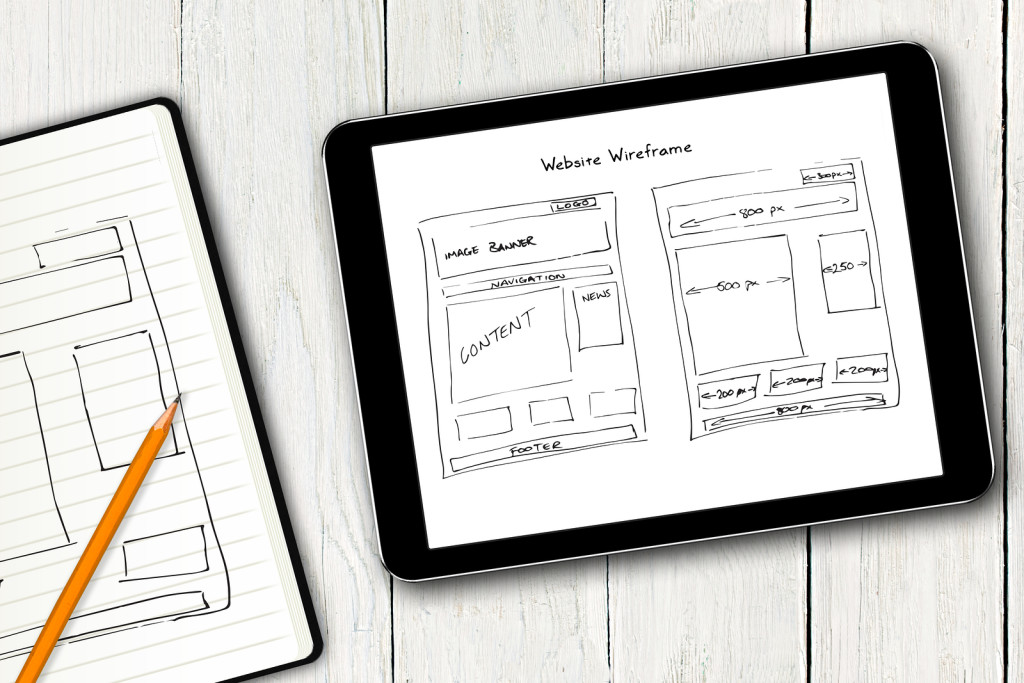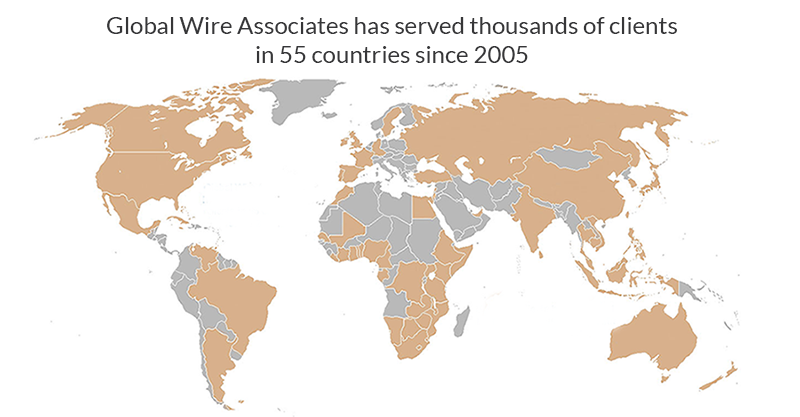Why You Need a Personal Website
One of the most frequently asked questions by my clients is whether or not they should have a personal website. Many of them are job seekers looking to better brand themselves to potential employers. In my opinion, I think personal websites can only enhance your chances of finding your dream job. And, no, I am not just saying this because I am a web designer trying to get new clients. I say this coming from my own experience with this website.
I am self-employed in journalism and digital marketing, so it is a must that I have a website that showcases who I am and my previous work. In today’s competitive market, anyone in any field that is not self-employed also needs a website to get the next job.
Let’s break down the reasons:
- You can control your brand – The first thing most recruiters do today is google the names of prospective job applicants. As many of you know, both good and bad things about you can show up in a google search. Having your own website can control your brand and help protect your reputation online. Presenting information on your own website shows you in the way you want others to view you online. Also, having your name as the website’s URL (yourname.com) also establishes your brand and will guarantee that your site will show up on the top of the first page in search engine results.
- Sell yourself – The whole point of your personal website is to sell yourself. Why should someone hire you? Your online portfolio should be a grand showroom of your best work for recruiters who want additional information about you that goes beyond a CV or resume. You can show off what makes your skills and personality unique and marketable. Also, anyone in the world can see your website, and you never know where your next job will come from. I have gotten really awesome job opportunities from people who happened to stumble upon this website!
- Show your investment – Having your own website shows others that you invest in yourself and career by branding yourself online. Employers will take you more seriously.
- You are accessible – Having a website makes it easier to find and contact you about work. Your website should have a clean, simple navigation design, where it is easy to find your biography, contact information and samples of your work. Stick to the three-click rule, make sure your site supports web diversity and avoid busy-looking websites like the plague.
- Links to social media and networking tools – Your website can also be the one-stop to all of your social media accounts, which makes it easier for recruiters to find you online in other places. You can also put links to other online spaces where recruiters can find your work like Behance. A word on social media: a lot of people ask me why they should have a website, when they already have a Linkedin or Facebook page. The reasons are already stated above. Everyone’s social media accounts look the same. Having your own website distinguishes yourself from others and showcasing your unique skills and personality. Furthermore, there are always new social media tools coming onto and going away from the market. Websites are more future-proof that can grow with your career.
Now that summer is over and everyone is back to regular work and school schedules, now is a great time to think about doing a personal website. Global Wire Design is running a 10 percent discount on all of its services until 30 September 2015. Contact us about your online marketing solutions!



